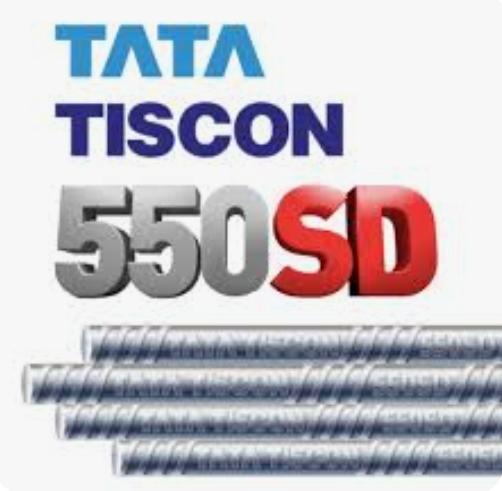LABOR AS A FACTOR OF PRODUCTION: TRENDS, CHALLENGES, AND COMPENSATION MODELS
Introduction: Labor is one of the fundamental factors of production that plays a critical role in economic growth and development. It encompasses the physical and mental effort put forth by individuals to produce goods and services. This article explores the current trends, challenges, and compensation models associated with labor as a factor of production in today’s dynamic and evolving global economy.
Trends in Labor as a Factor of Production:
- Technological Advancements: Rapid advancements in technology, such as automation, artificial intelligence, and robotics, have significantly impacted the nature of labor. Routine and repetitive tasks are increasingly being automated, leading to a shift in labor demand towards more complex, cognitive-based tasks that require creativity and problem-solving skills.

- Gig Economy: The rise of the gig economy has brought about a new paradigm in labor relations. Freelancing, short-term contracts, and platform-based work have become prevalent, allowing individuals to choose flexible work arrangements. This trend has both positive and negative implications, as it provides opportunities for greater work-life balance but also raises concerns about job security, social protection, and income stability.
- Demographic Changes: Demographic shifts, such as aging populations in many countries, have implications for the labor market. The shrinking working-age population can lead to skill shortages and increased competition for talent. Moreover, the changing demographics also necessitate adjustments in labor policies to address the needs and preferences of different age groups, such as flexible work arrangements for older workers and support for young entrants into the workforce.
Challenges in Labor as a Factor of Production:
- Skills Mismatch: One of the significant challenges in the labor market is the growing gap between the skills demanded by employers and those possessed by the workforce. Technological advancements and evolving job requirements call for a focus on upskilling and reskilling programs to ensure that workers are equipped with the necessary skills to meet the demands of the modern economy.
- Income Inequality: Rising income inequality has become a pressing issue in many societies. The concentration of wealth and income among a few has led to social and economic disparities. Addressing this challenge requires a comprehensive approach, including fairer compensation models, progressive taxation, and policies that promote equal opportunities for all individuals.
- Workforce Adaptability: The pace of technological change requires a labor force that can adapt to new technologies and industries quickly. However, not all workers have the ability to transition smoothly, resulting in job displacement and unemployment. Policies and initiatives focused on retraining, job matching, and supporting workers through career transitions are crucial to mitigate the adverse effects of technological disruptions.

Compensation Models for Labor:
- Market-Based Compensation: Market-based compensation models rely on supply and demand dynamics in the labor market. Wages are determined by the value of the skills and expertise individuals possess and the demand for those skills. This model often involves negotiations between employers and employees and may vary across industries and occupations.
- Performance-Based Compensation: Performance-based compensation models link remuneration directly to individual or team performance. Incentives, bonuses, and profit-sharing arrangements are commonly used to reward employees based on their productivity, quality of work, or achievement of specific targets. These models aim to motivate employees and align their interests with organizational goals.
- Collective Bargaining and Fair Wage Standards: Collective bargaining between labor unions and employers can lead to the establishment of fair wage standards and working conditions. This approach ensures that workers have a voice in determining their compensation and protects their rights. Government regulations and minimum wage laws also play a crucial role in setting baseline standards for worker compensation.
Conclusion: Labor as a factor of production is undergoing significant changes in the face of technological advancements, the emergence of the gig economy, and demographic shifts. Challenges such as skills mismatch and income inequality need to be addressed through innovative compensation models, policy interventions, and a focus on lifelong learning. By ensuring fair compensation, supporting workforce adaptability, and promoting inclusive labor practices, societies can harness the potential of labor as a driver of sustainable economic growth and social progress.


